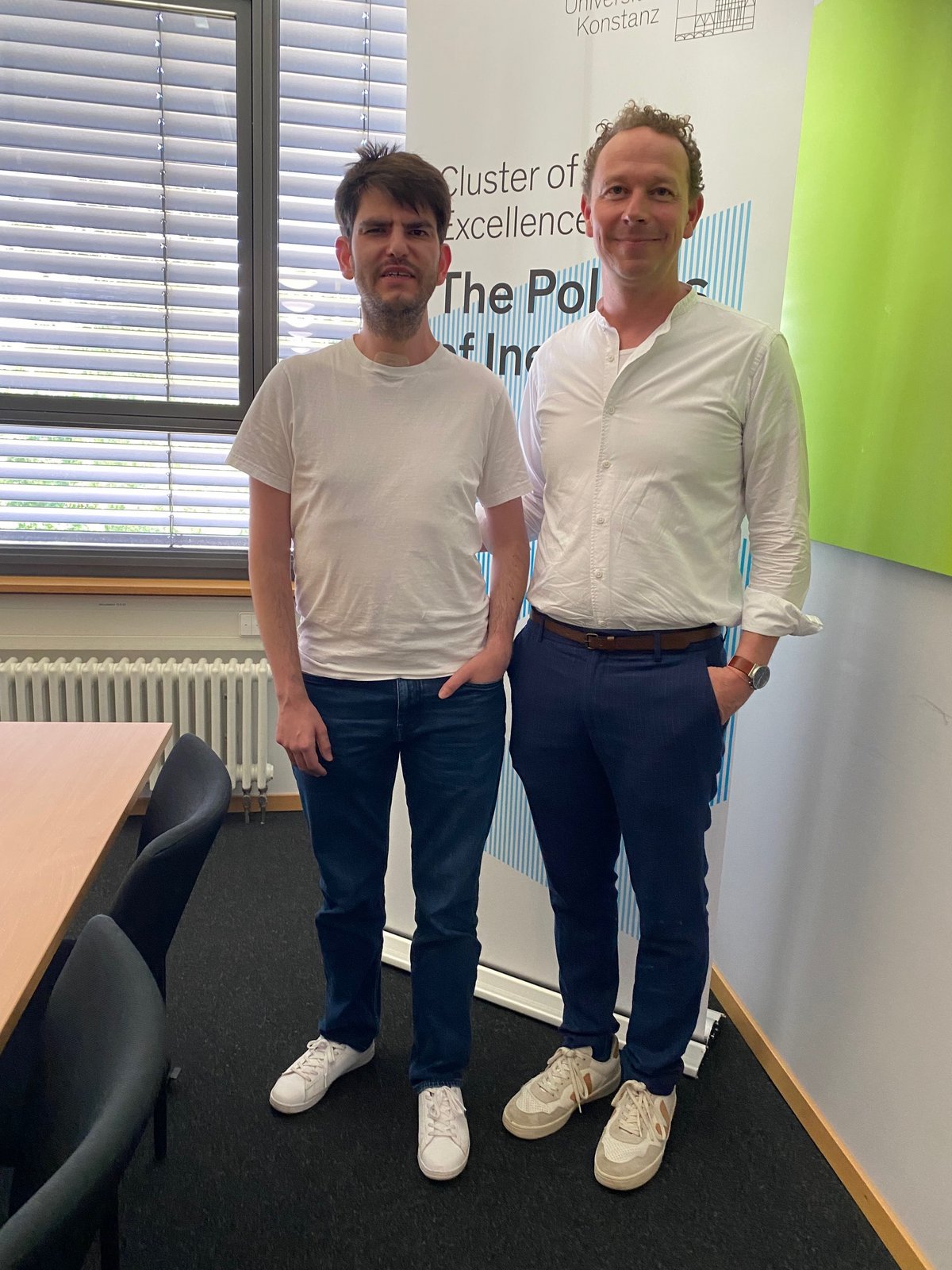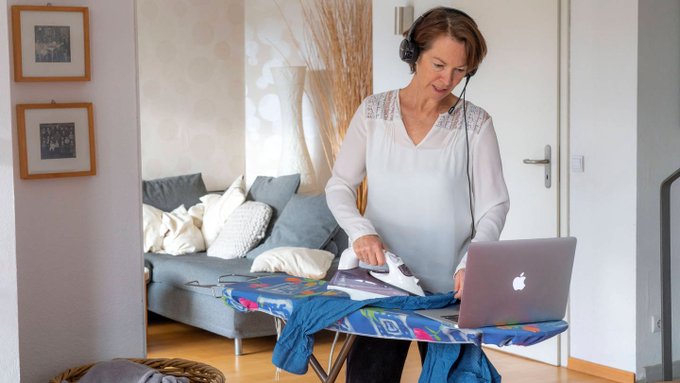
#218kenntkeineSommerpause
Mit seiner aktuellen und gerade gestarteten Sommerkampagne #218kenntkeineSommerpause
fordert der DJB die Bundesregierung und den parlamentarisch gewählten Gesetzgeber auf, eine Neuregelung für den Schwangerschaftsabbruch direkt nach der parlamentarischen Sommerpause umzusetzen.
Als wissenschaftliche Koordinatorin der Arbeitsgruppe zum Schwangerschaftsabbruch in der Kommission für reproduktive Selbstbestimmung und Fortpflanzungsmedizin habe ich mich gerne bereit erklärt, diese Kampagne zu…
Read more



